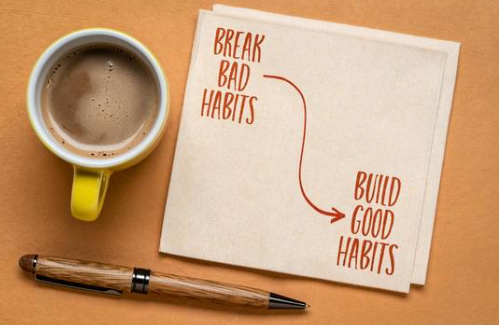
Most of us, at some point, have said “yes” when we really wanted to say “no.” Maybe you agreed to take on another project at work, went to a social event you didn’t have the energy for, or handled more than your fair share of household chores—all to keep the peace or avoid letting someone down.
While it’s normal to want to be helpful, constantly putting others first without honoring your own limits can leave you feeling drained, stressed, or even resentful. That’s where healthy boundaries come in. Boundaries are simply the limits you set to protect your time, energy, and well-being. When you set and honor them, you create more balance in your relationships and more space for your own needs.
Signs Your Boundaries Might Need Some Work
-
You feel mistreated. If you notice people taking advantage of your time, blaming you unfairly, or piling on more than you can handle, your boundaries may need strengthening.
-
Your life feels full of drama. A lack of boundaries often attracts unhealthy or chaotic relationships, leaving you exhausted.
-
You say “yes” when you want to say “no.” This can lead to frustration and resentment later on.
-
You feel insecure or fearful. Sometimes people avoid setting boundaries because they worry it will push others away. In reality, healthy boundaries strengthen relationships built on respect.
-
You feel frustrated or angry. Ignoring your own needs can cause resentment to build, which can spill over into other areas of your life.
Tips for Setting Healthy Boundaries
-
Define your limits. Think about what you are and are not okay with—at work, at home, and with friends. Being clear with yourself first makes it easier to be clear with others.
-
Communicate kindly and confidently. When you express your needs, keep your words calm, respectful, and direct. You don’t need to apologize for honoring your boundaries.
-
Don’t make excuses. It’s perfectly okay to say “no” without explaining yourself. Setting limits is your right.
-
Stay consistent. If someone crosses a boundary, address it right away. The more consistent you are, the more others will learn to respect your limits.
-
Soften your “no” when needed. You can still be kind when saying no. For example, “I can’t help right now, but maybe another time” helps you hold your boundary while showing care.
The Bottom Line
Healthy boundaries aren’t about pushing people away—they’re about protecting your well-being and creating healthier, more respectful relationships. By learning to set limits with kindness and confidence, you’ll have more energy for the things and people that truly matter.













